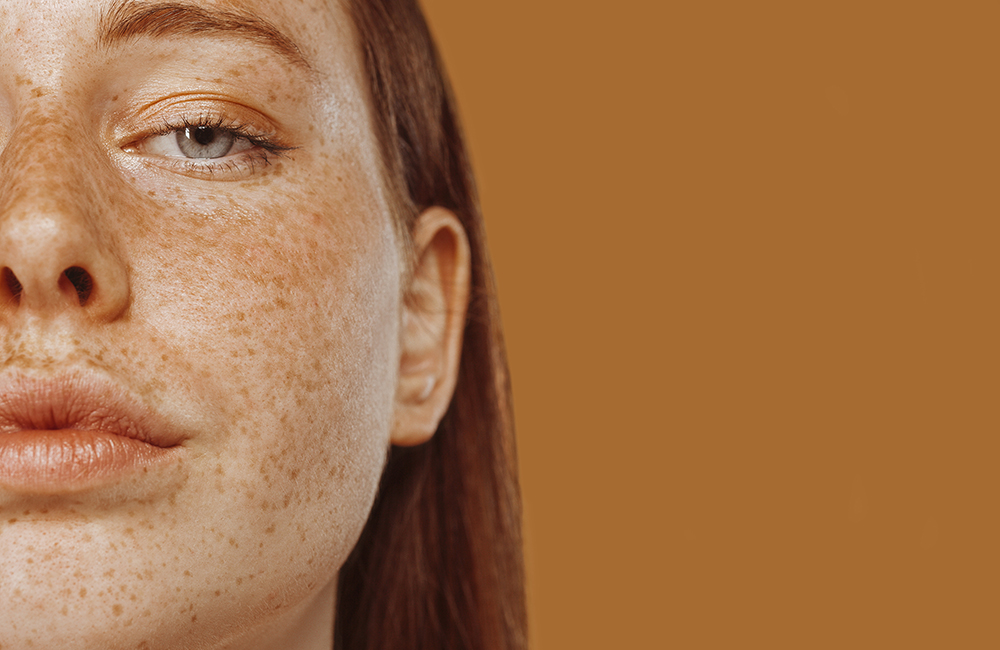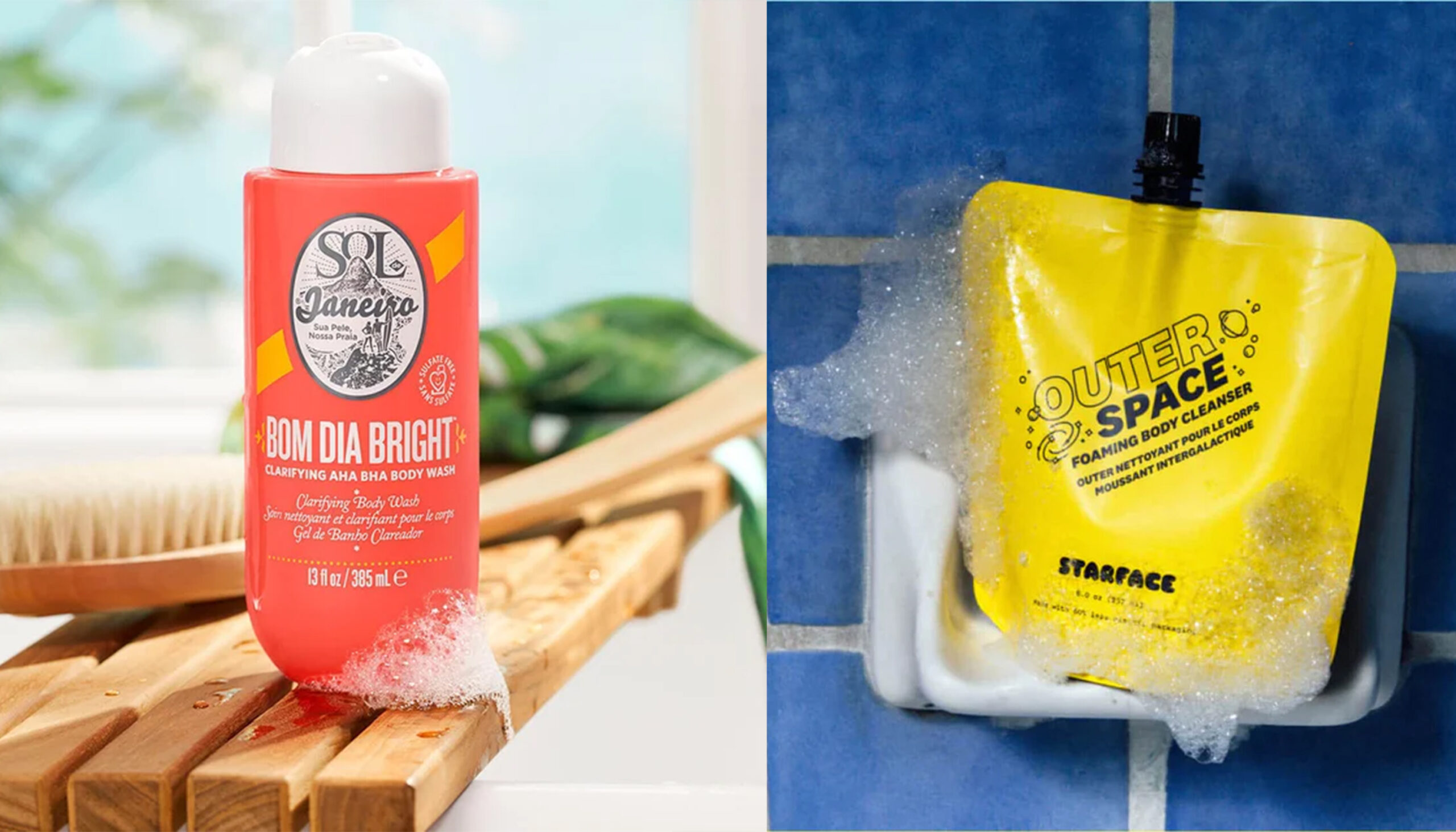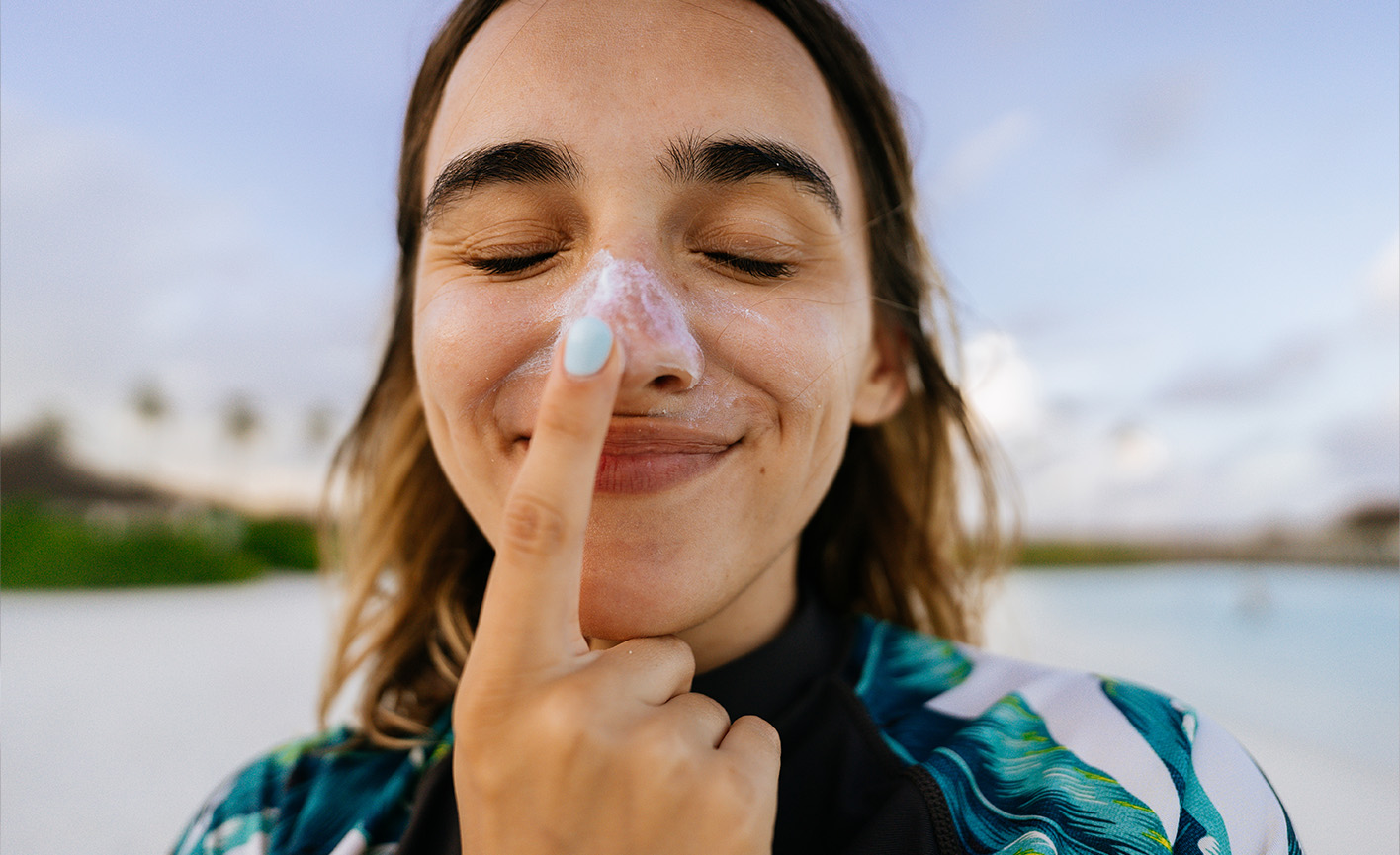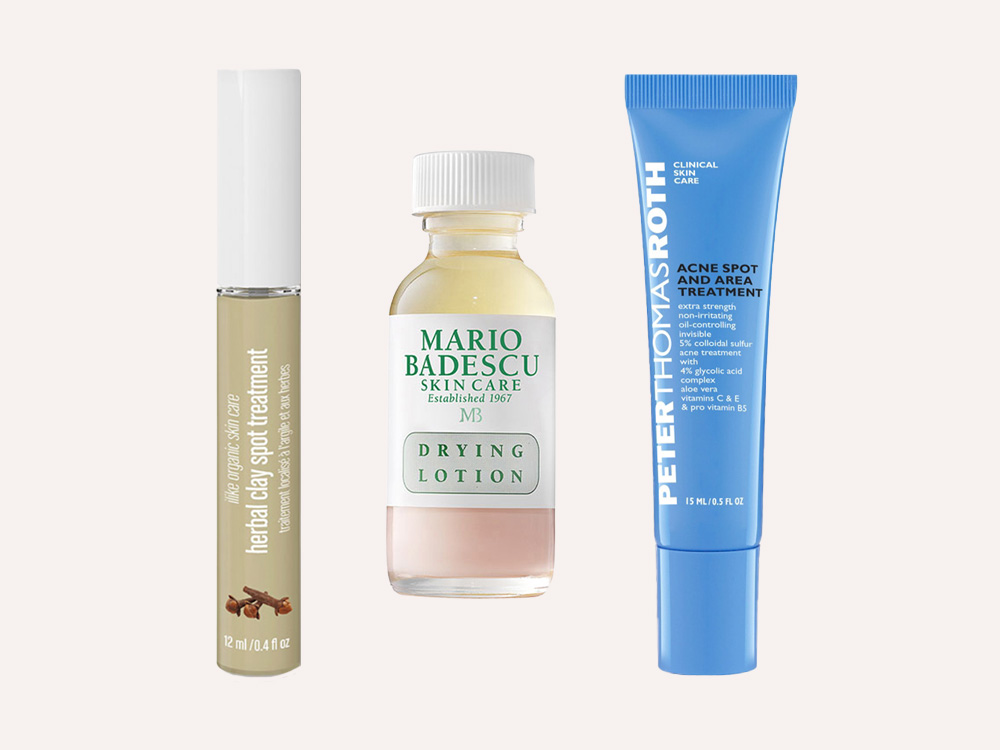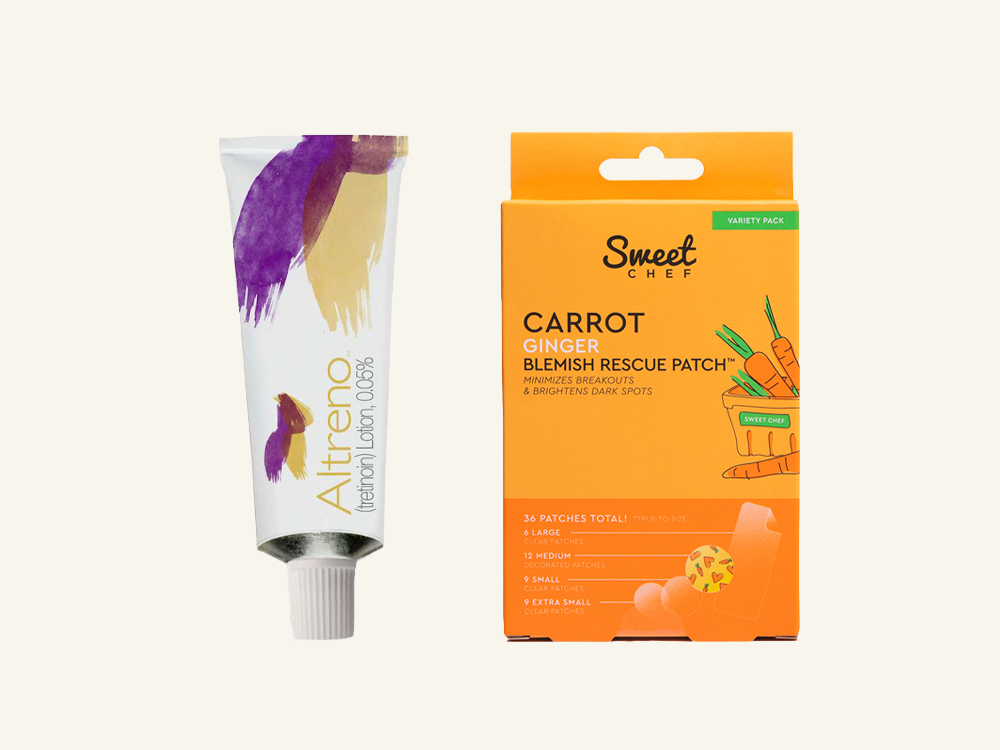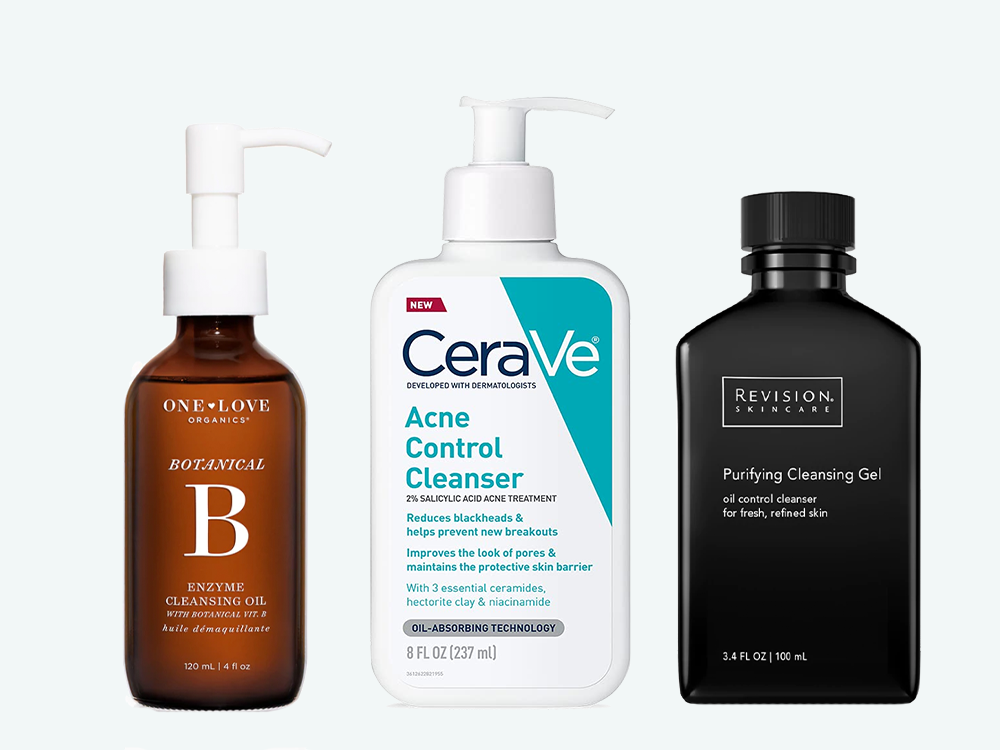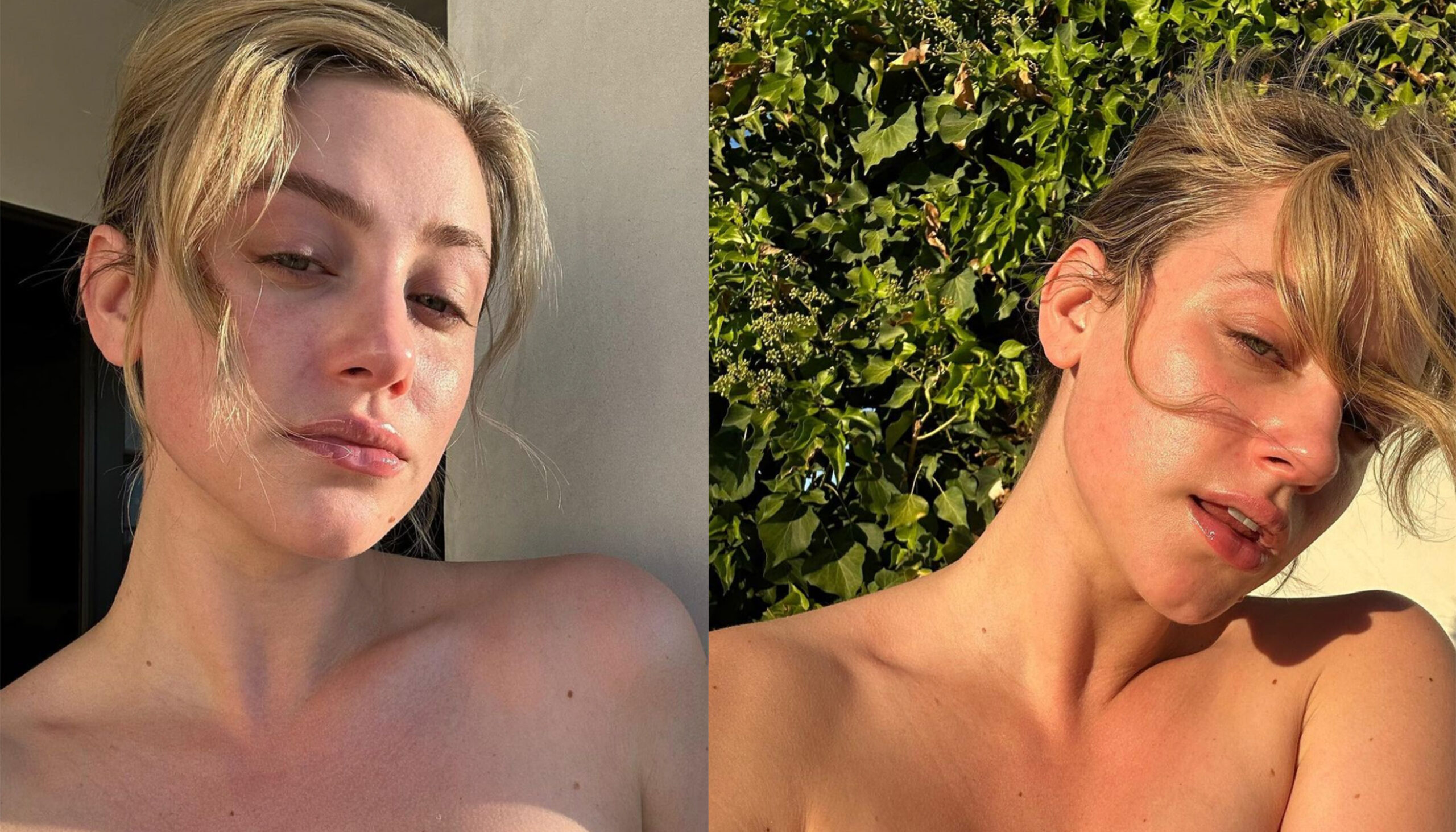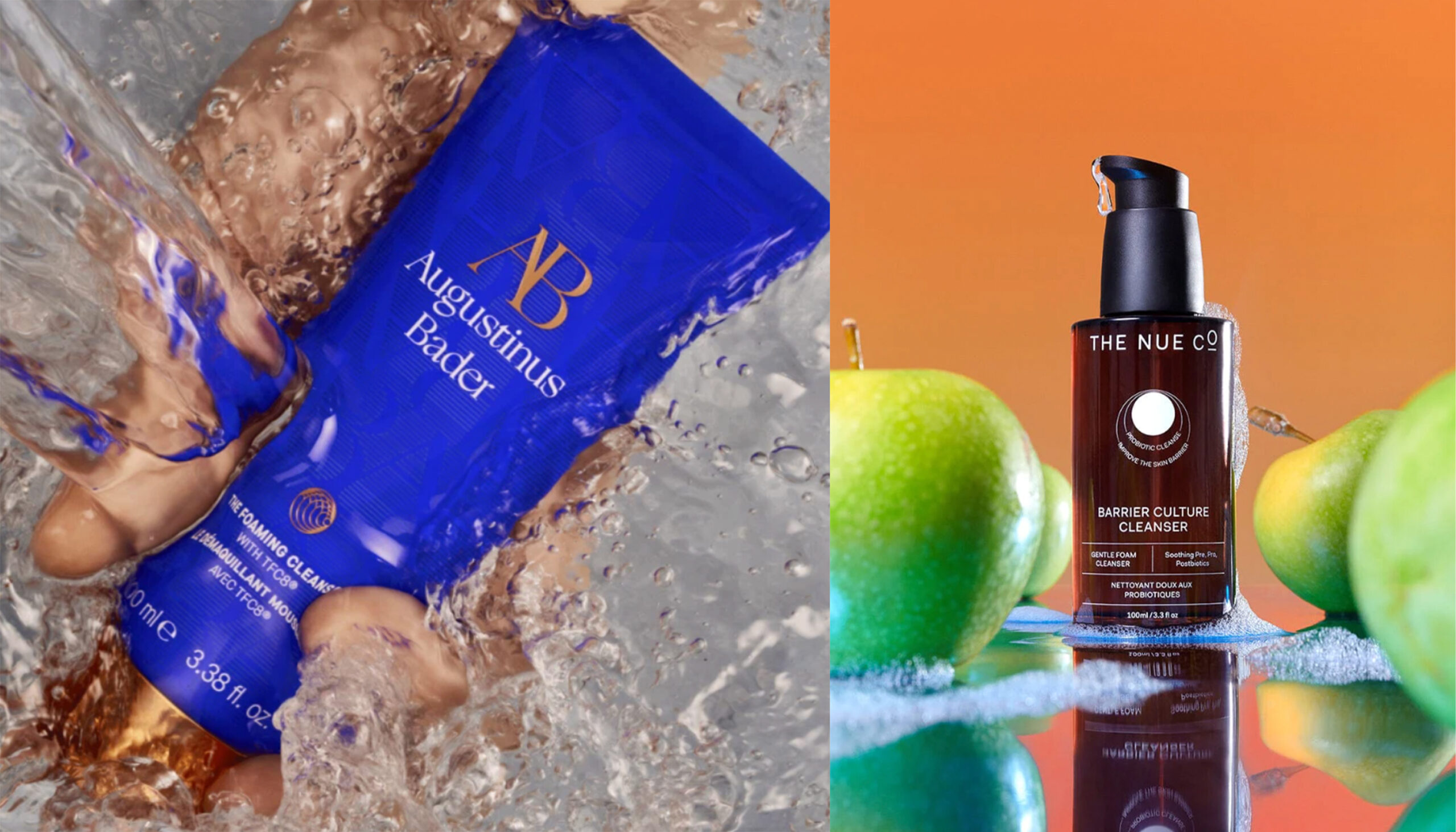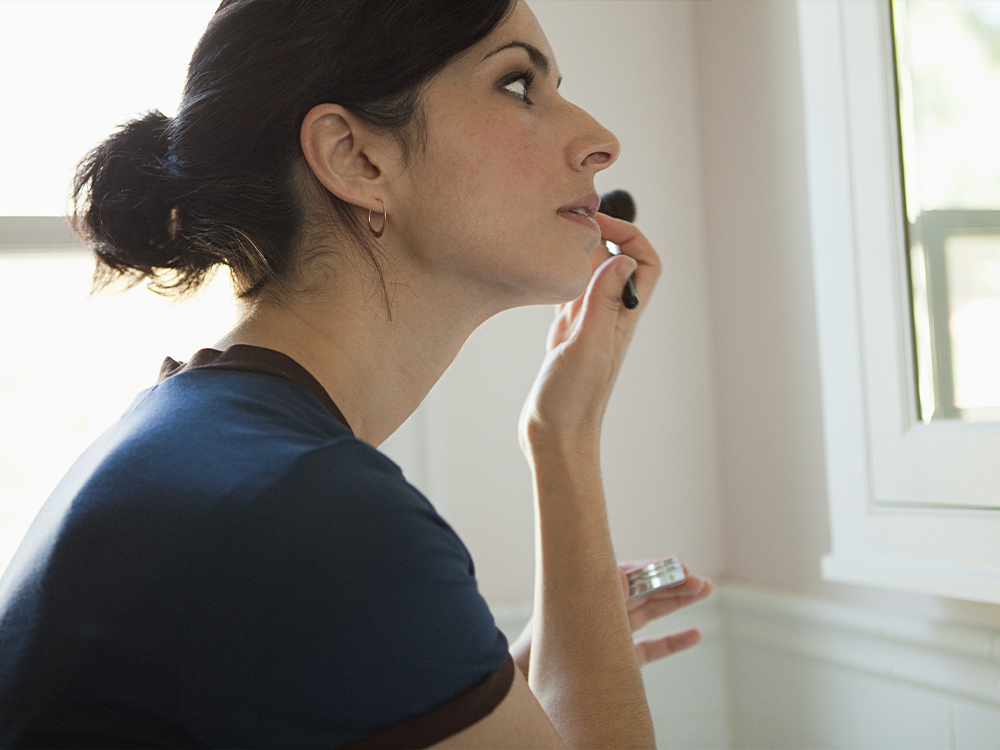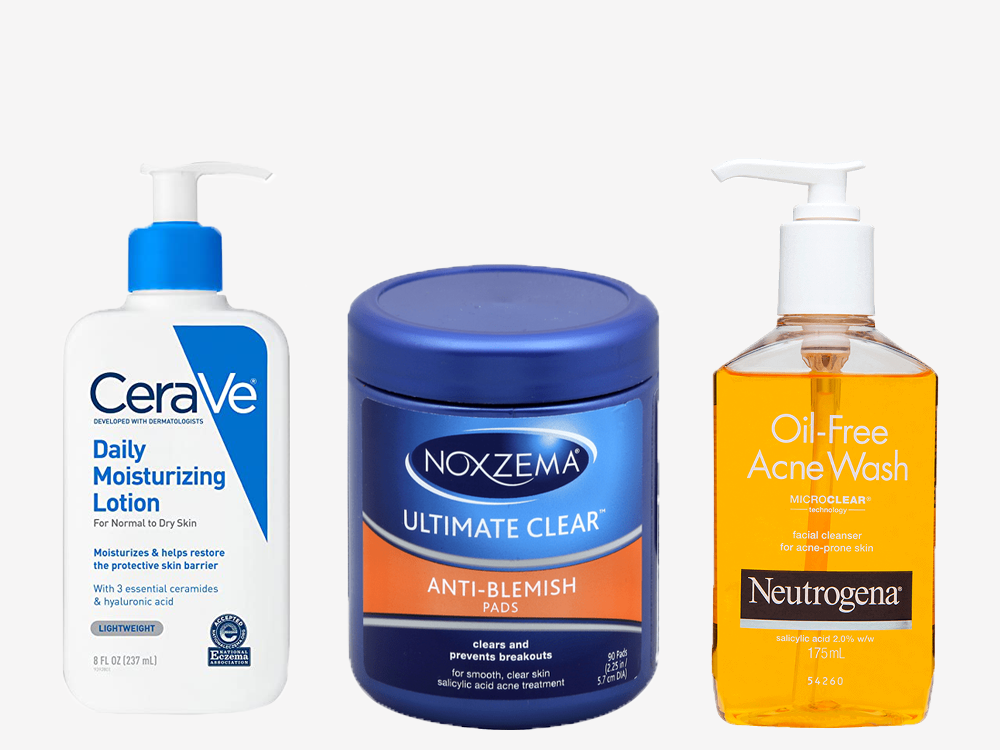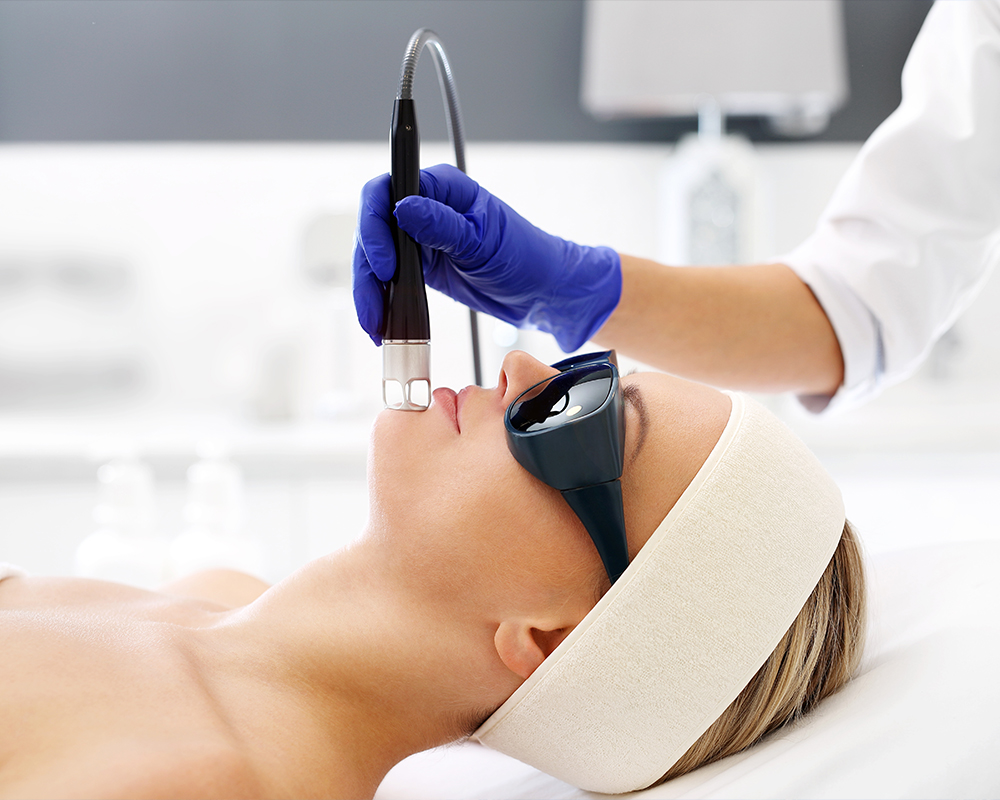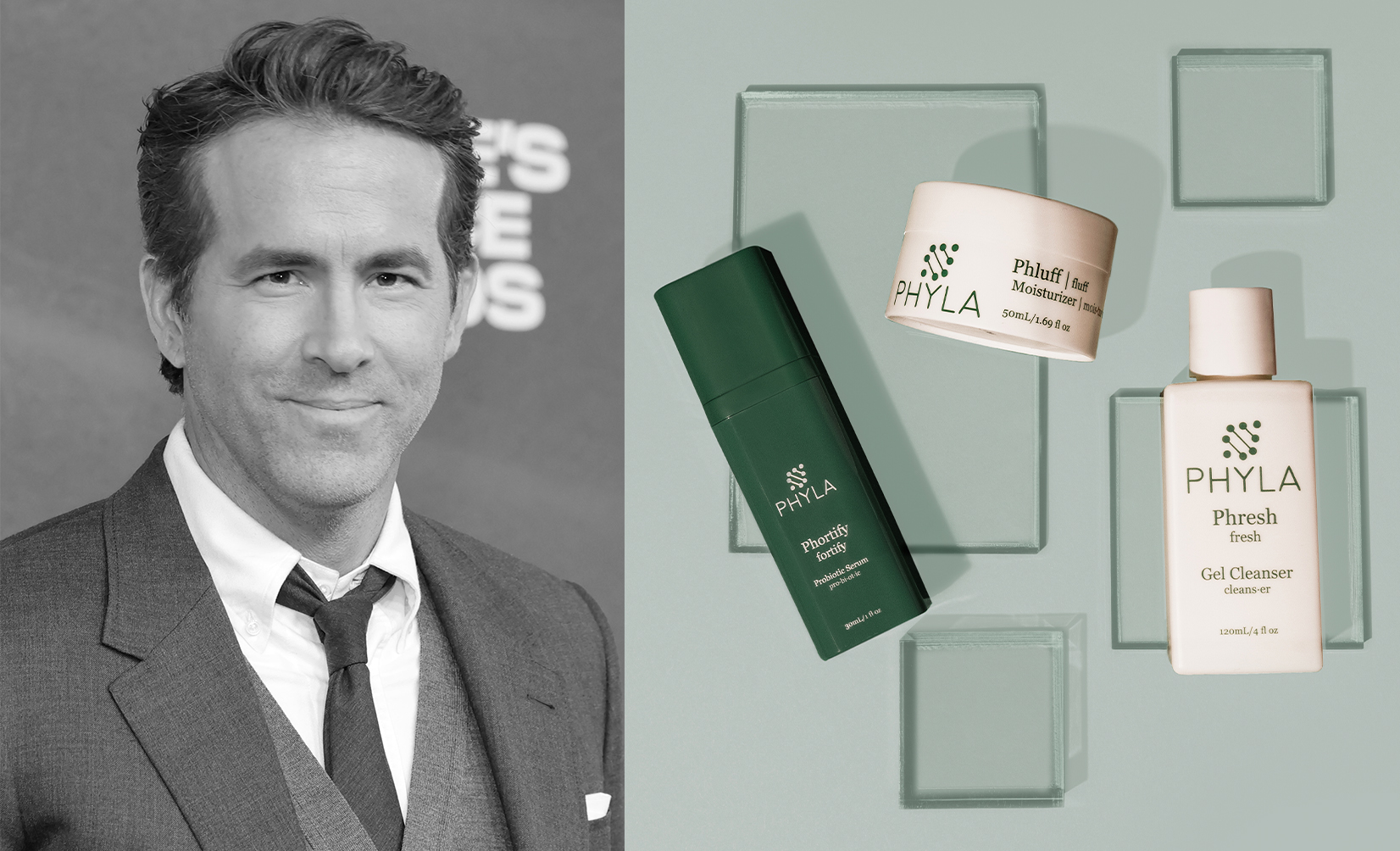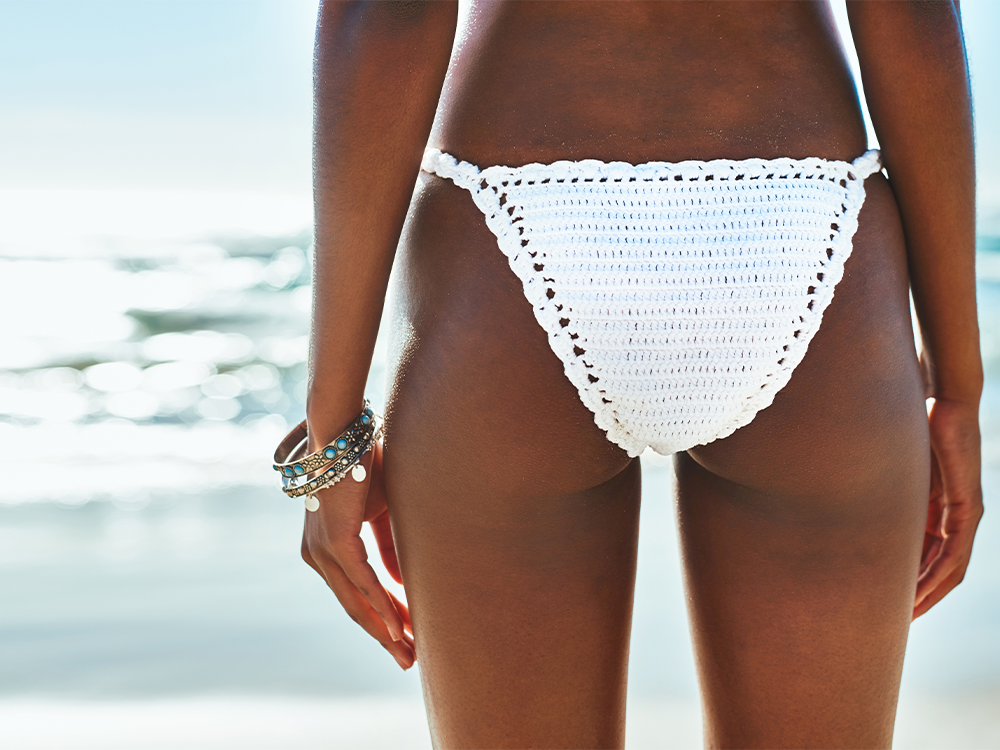It’s pretty inarguable that our skin can be finicky. Whether it’s changes in temperature, stress or diet, there are tons of things that can throw our skin out of wack. But, for individuals dealing with acne, navigating this easily changing organ can be exceptionally tiresome.
Anyone who has dealt with acne can surely understand how easy it is to try out not-so-reliable strategies in desperate attempts to clear the skin, so it’s safe to say that most acne-prone individuals—myself included—have likely made some acne mistakes throughout our journeys (yes, I’ve put whitening toothpaste on pimples before).
When chatting with some of our expert dermatologists about how to navigate acne treatments for sensitive skin last month, New York dermatologist Heidi A. Waldorf, MD told us that “over-drying the skin is the number-one mistake I see acne patients make.” And that got us thinking: What is the biggest mistake acne patients make? In the pursuit of healthy skin, we asked some more of our renowned dermatologists what acne mistakes they see in their practice, and the results were eye-opening.
The 2 Most Common Acne Mistakes
Over-drying
Starting off with Dr. Waldorf’s take, back in November the New York–based derm told us that “the key to using acne products for sensitive skin is to maintain your skin barrier while you are using them, which means not over-drying your skin.” Yet, despite the importance of not over-drying, Dr. Waldorf confirmed that it’s the number-one mistake she sees in her office. Expanding on the issue further, Dr. Waldorf explained that “just because acne treatments often dry the skin, doesn’t mean the dryness is necessary. Rather, the dryness is a side effect. The key to tolerating [acne treatments] while they work is to keep the skin well moisturized and the skin barrier intact with non-stripping cleansers and noncomedogenic or oil-free moisturizers.”
Picking and Popping
Yes, I know, it feels impossible—looking at white or blackheads on the skin and not picking or popping takes a level of restraint that not many of us have—but Houston dermatologist Jennifer Segal, MD confirms that in her practice, popping and picking is in fact the number-one acne mistake patients make. “As irresistible as it is, picking and squeezing acne lesions only increases inflammation and can result in secondary infection, usually with staph [infections],” Dr. Segal explains. “Picked lesions last longer and, most importantly, leave scars. I tell all of my patients to avoid picking and to put away magnifying mirrors, which only lead to picking and scarring. (We will always find SOMETHING to pick when looking in a magnifying mirror!)”
Dr. Waldorf agrees, explaining that she encourages a “hands-off” mantra with her patients. “Squeezing, picking and popping pimples drives the contents inward as well as outward, and your skin then tries to wall that off, in turn forming a bigger, deeper pimples and ultimately scars,” says Dr. Waldorf. “In addition, as your fingers go from one spot to another, you spread bacteria. In fact, there is a kind of acne called ‘acne excoriee’ or ‘picker’s acne’ with scabs, scars and acne that looks much worse than it would be without manipulation.”
